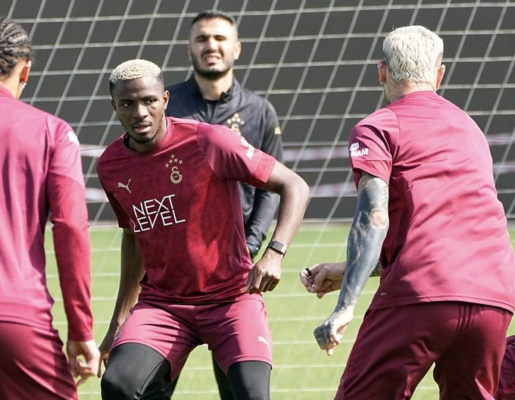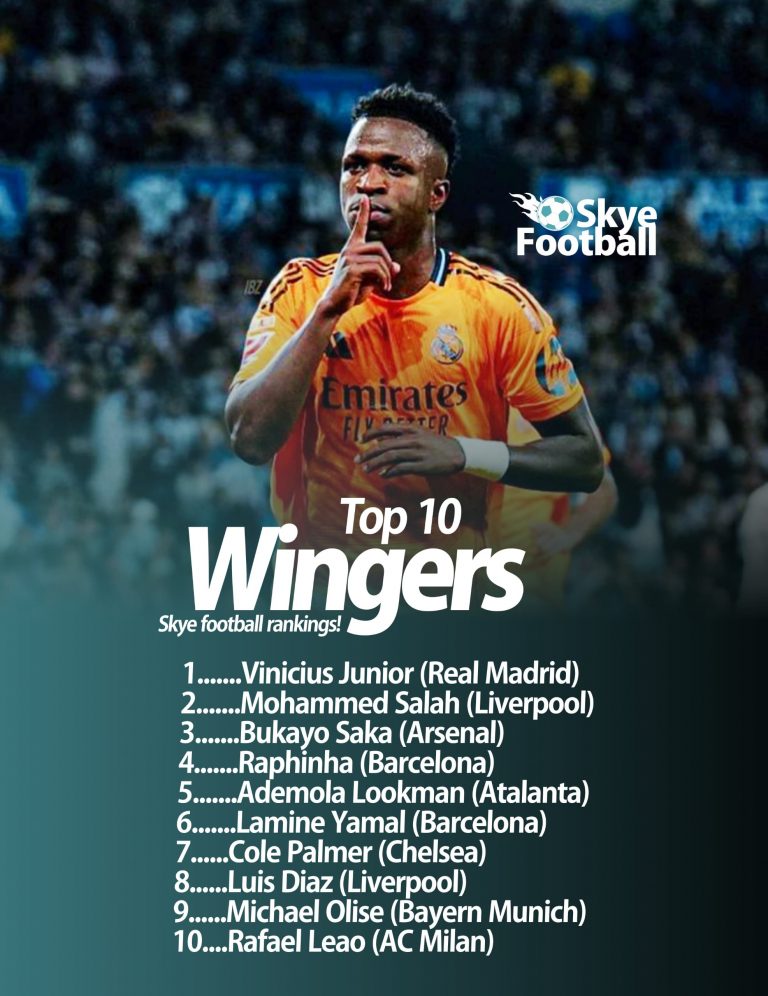Balancing Advocacy and Belief: The Nemanja Matić LGBTQ+ Controversy
In a recent turn of events, former Manchester United midfielder Nemanja Matić has received a ban in France after covering an LGBTQ+ logo on his match shirt. The incident has sparked mixed reactions among football fans and reignited a recurring debate in the world of sports:
👉 Should athletes be required to publicly support social or political movements, even when they hold different personal beliefs?
Many players, like Matić, may not harbor any animosity toward the LGBTQ+ community. Yet, they may feel uncomfortable being forced to wear symbols that do not align with their personal, religious, or cultural convictions.
⚽ Athletes are expected to serve as role models, but at what point does support for inclusion cross over into compulsory participation?
True advocacy is meaningful when it comes from a place of choice, not pressure. If football aims to be inclusive, then inclusion must also extend to players’ rights to respectfully decline symbolic gestures.
This isn’t just about one player — it’s about a broader question:
How can we balance social advocacy with personal freedom in a global sport that brings together people of vastly different backgrounds?
—
What’s your take?
Should players be required to display support for LGBTQ+ campaigns on the pitch, or should it remain optional? Share your thoughts in the comments 👇
—








